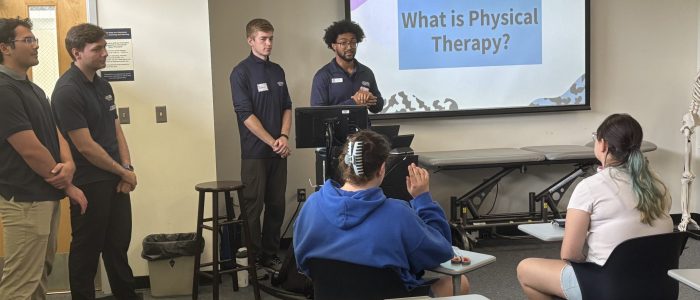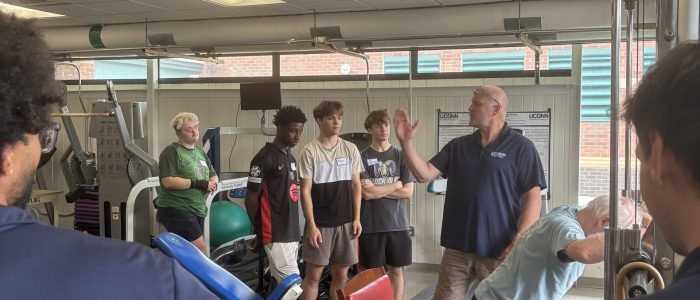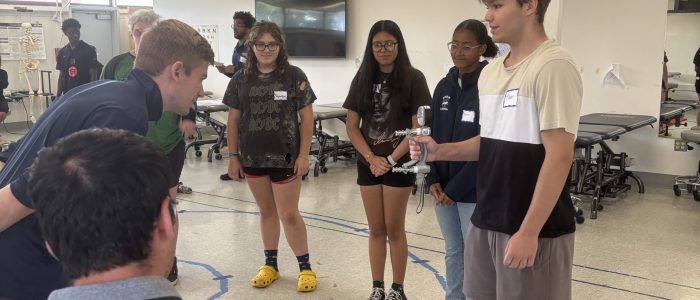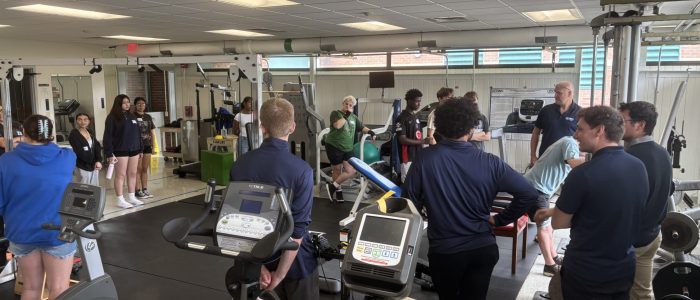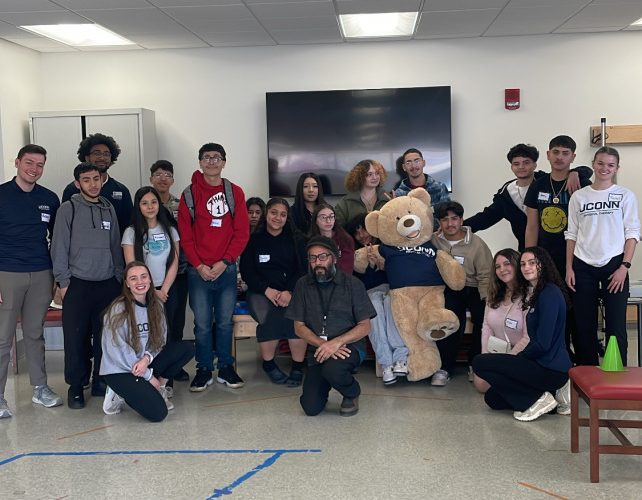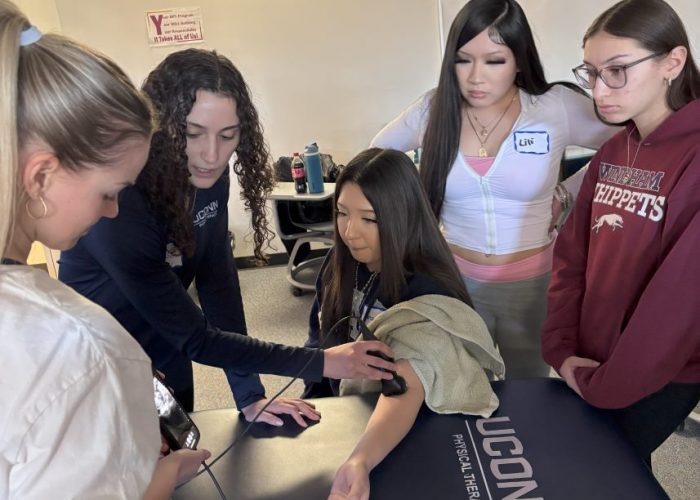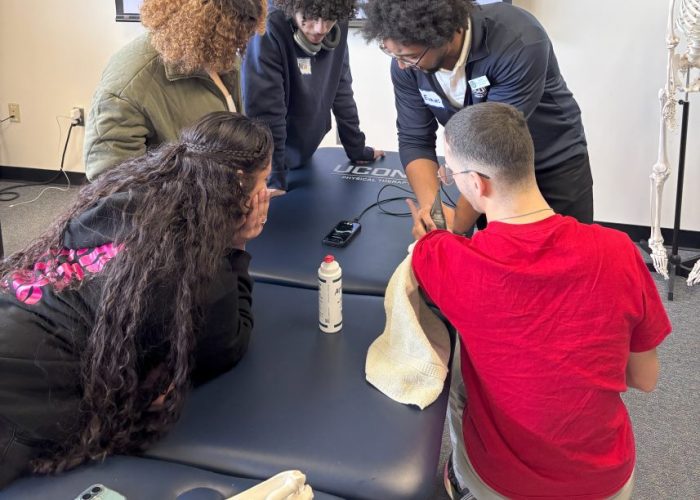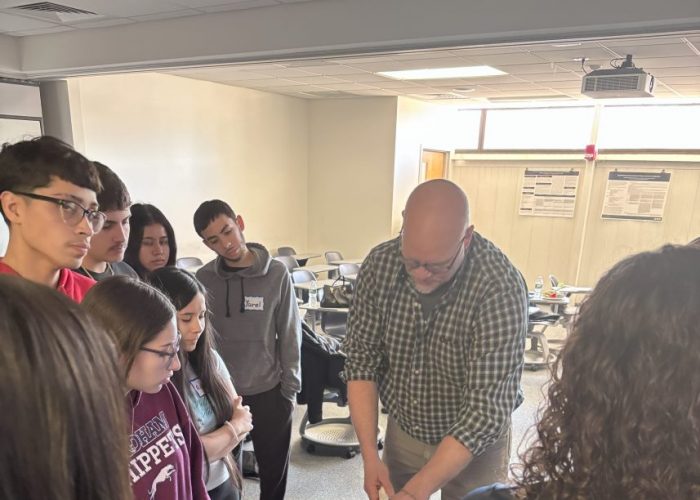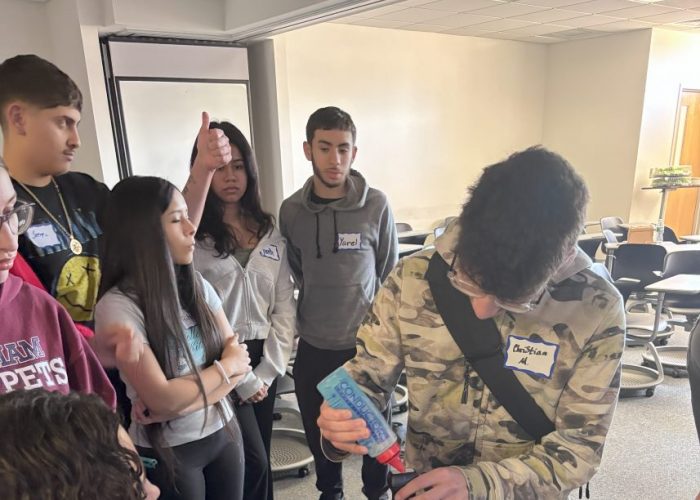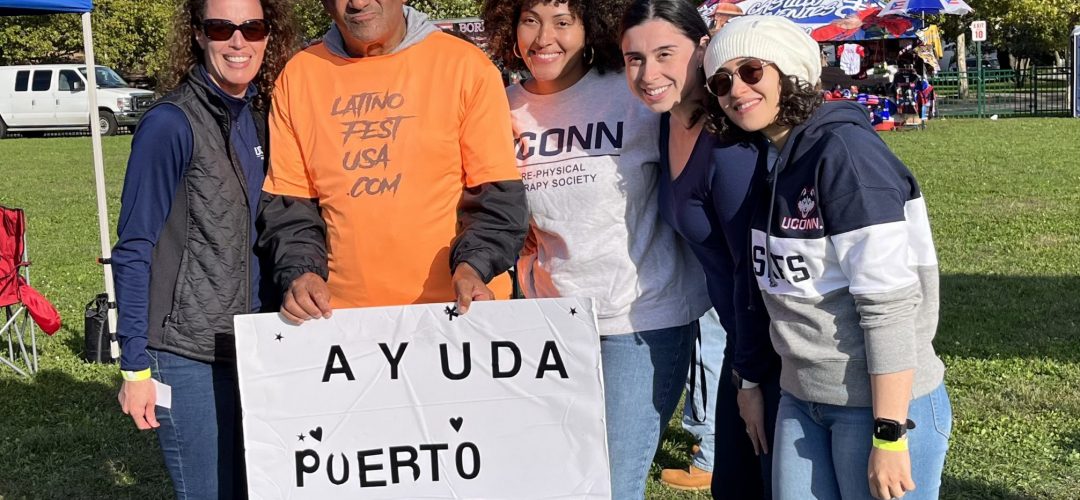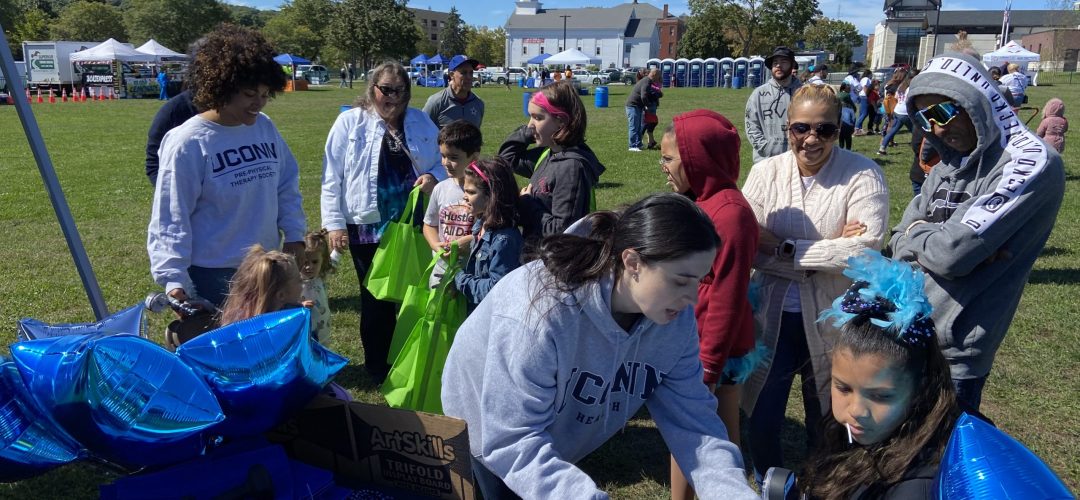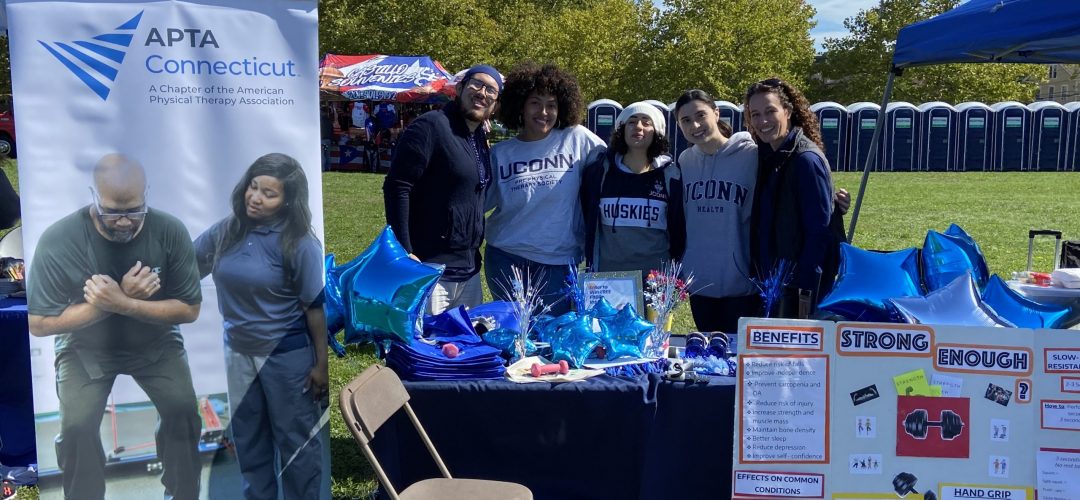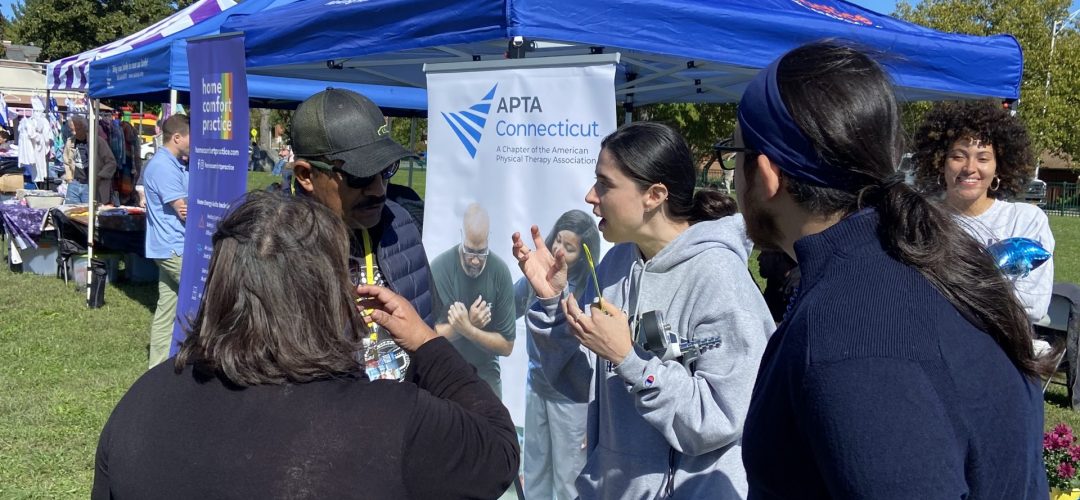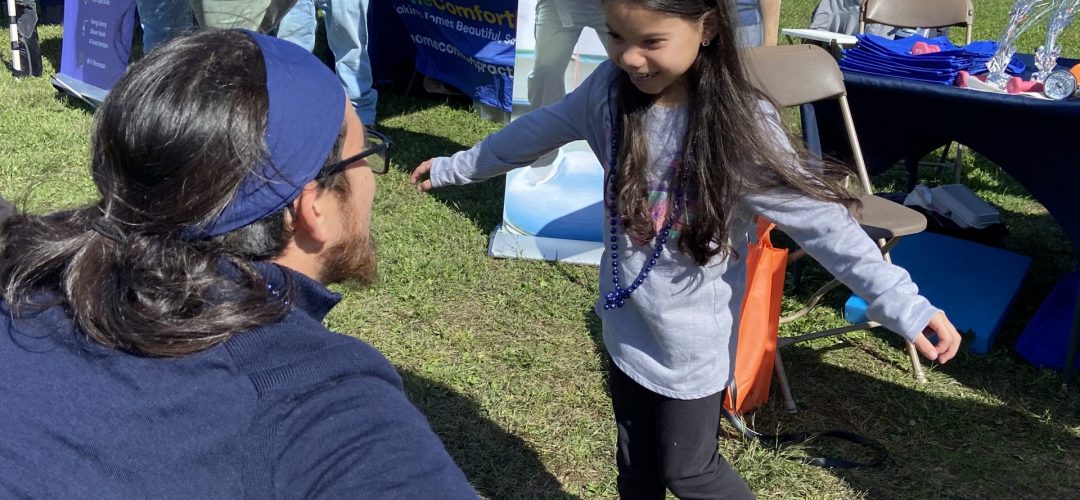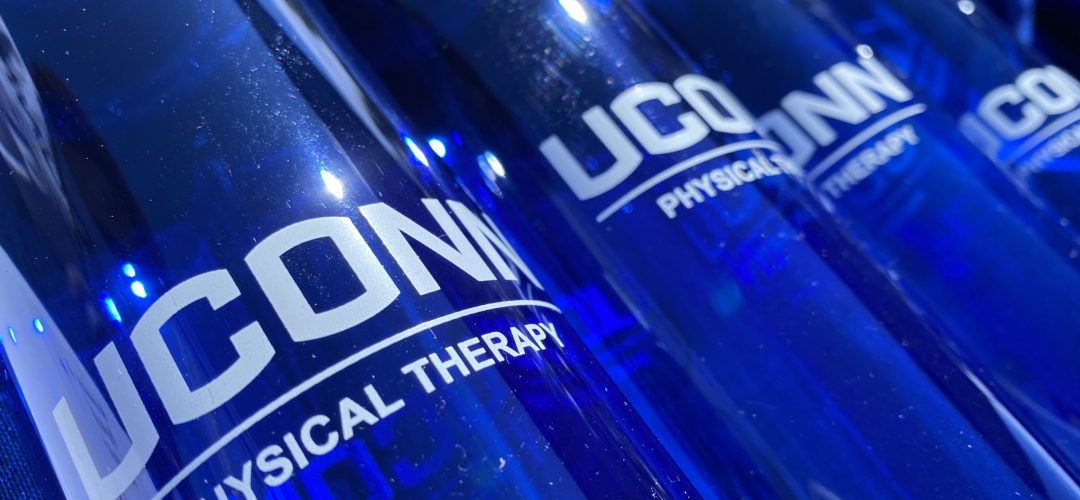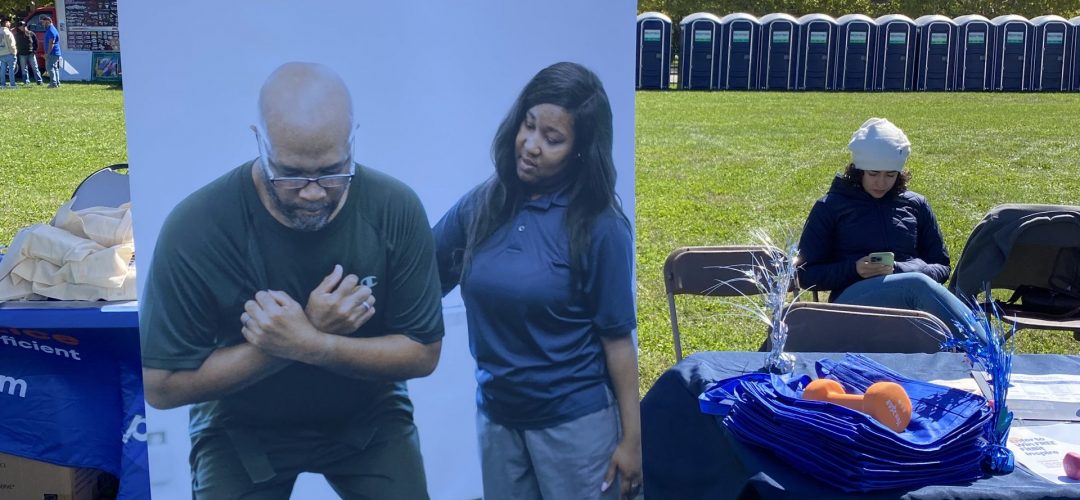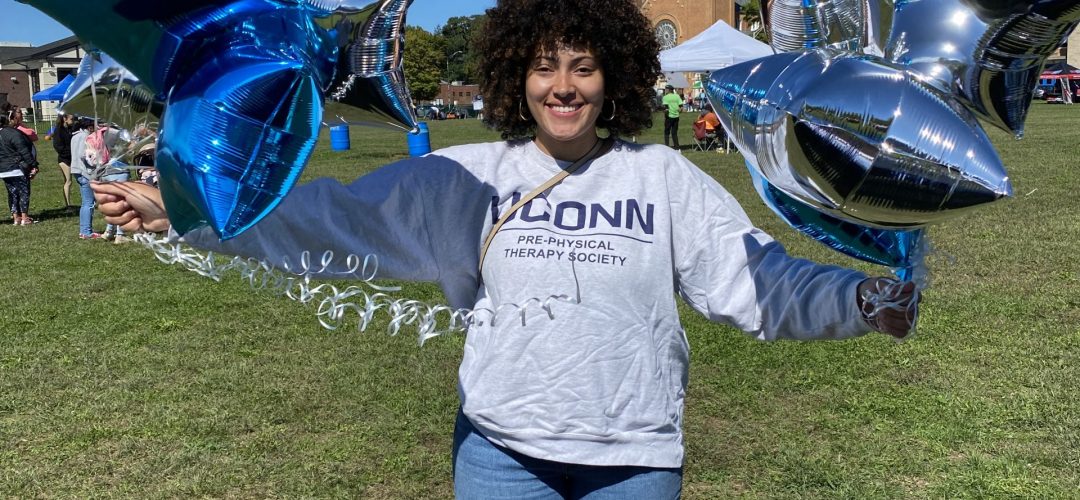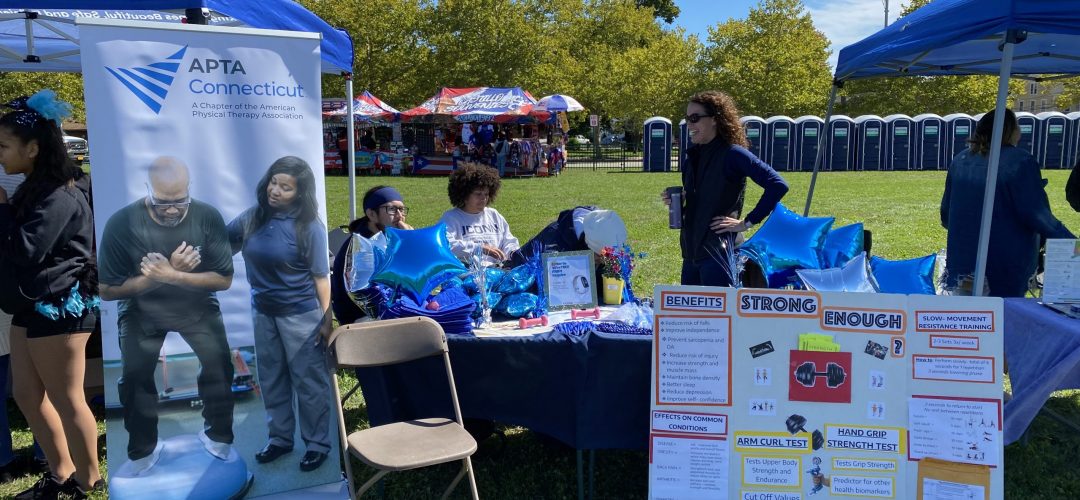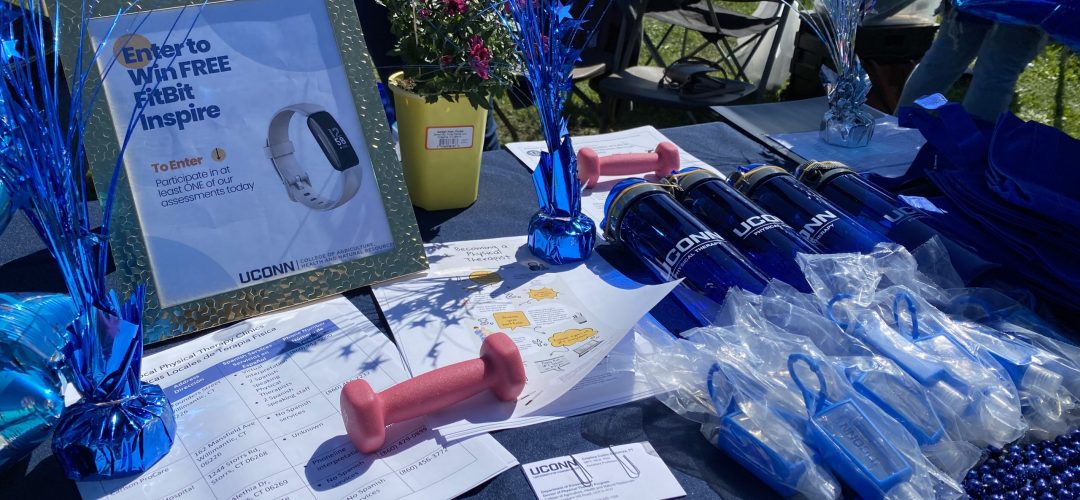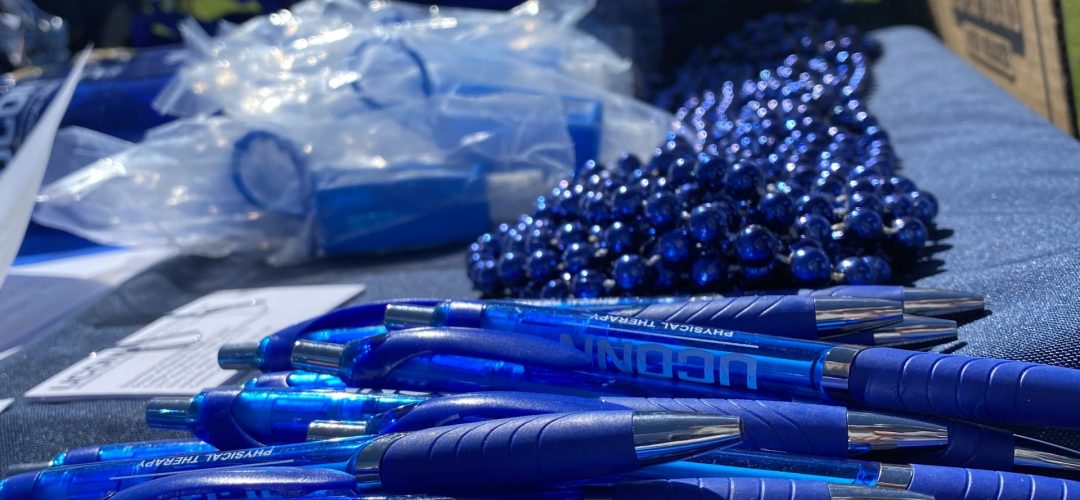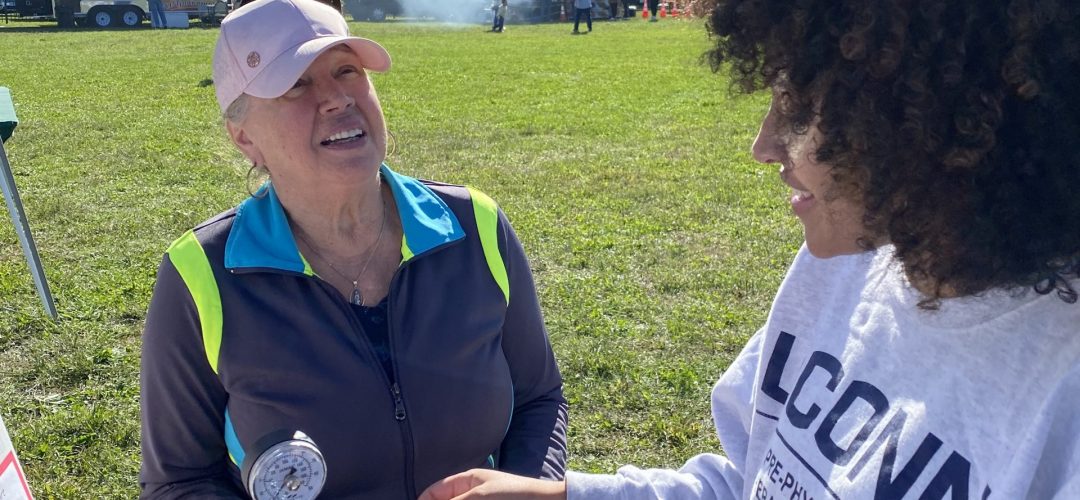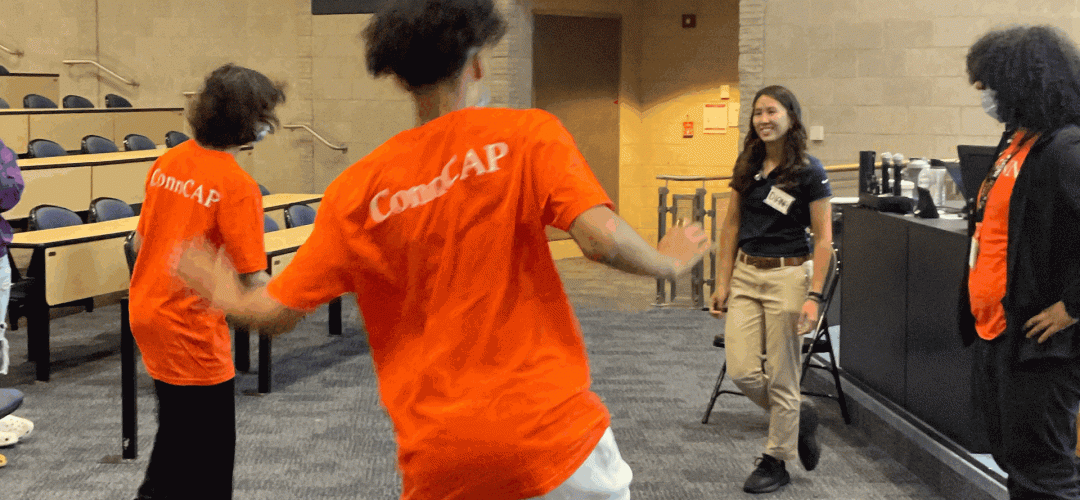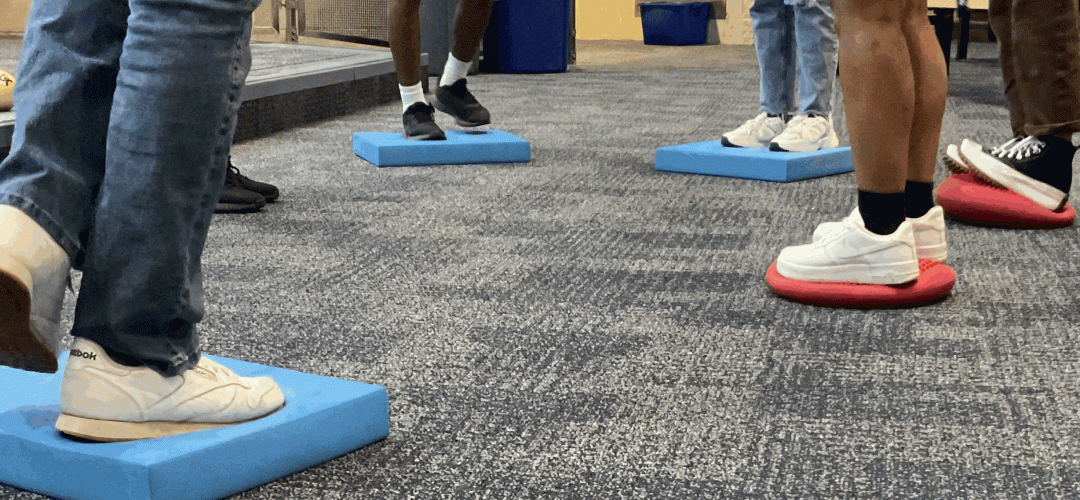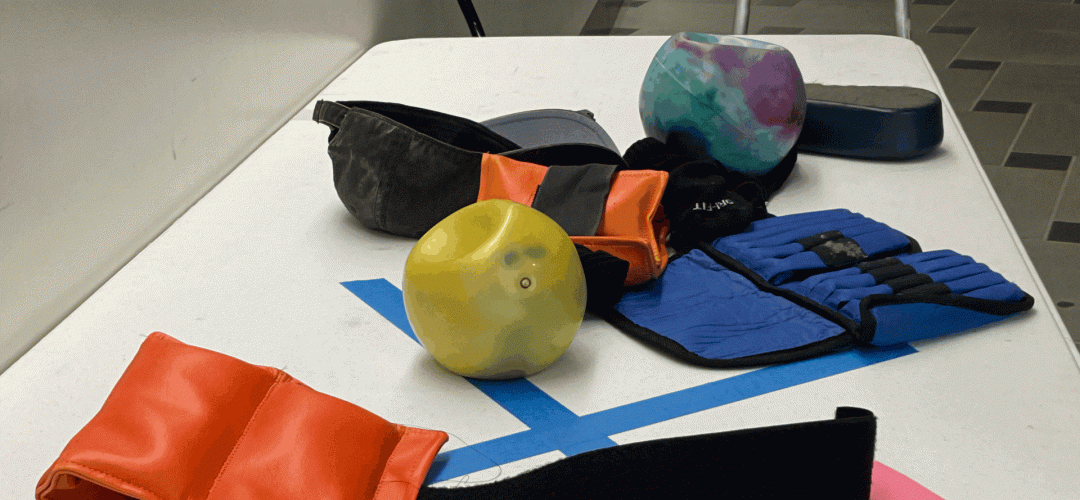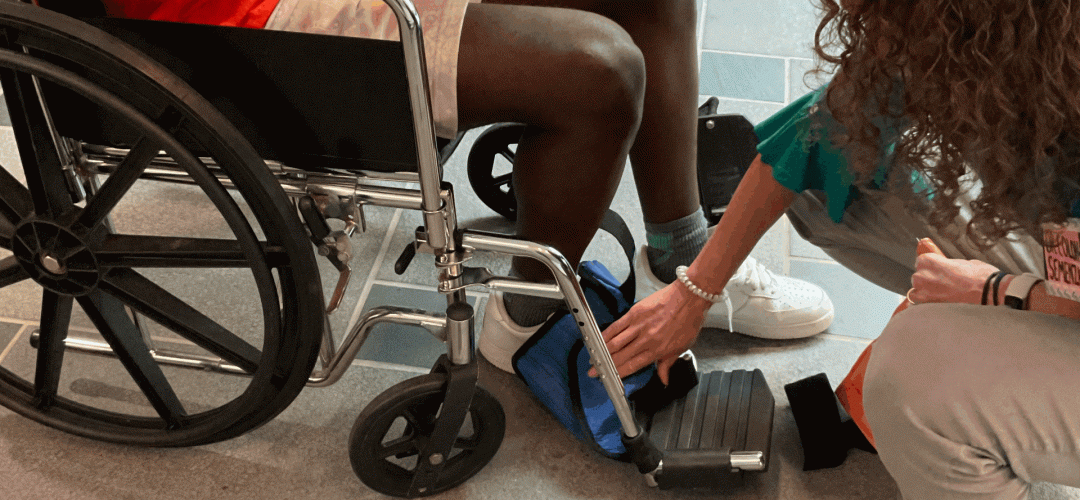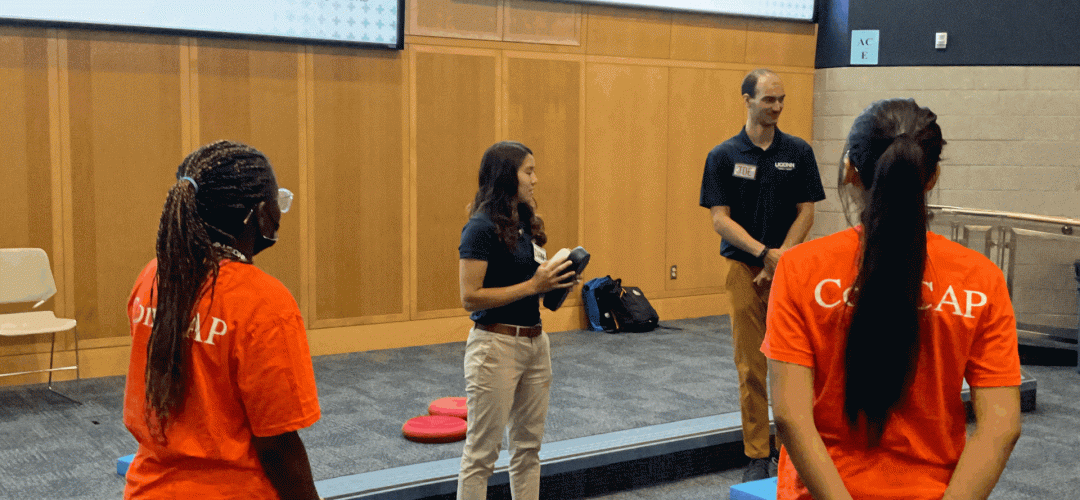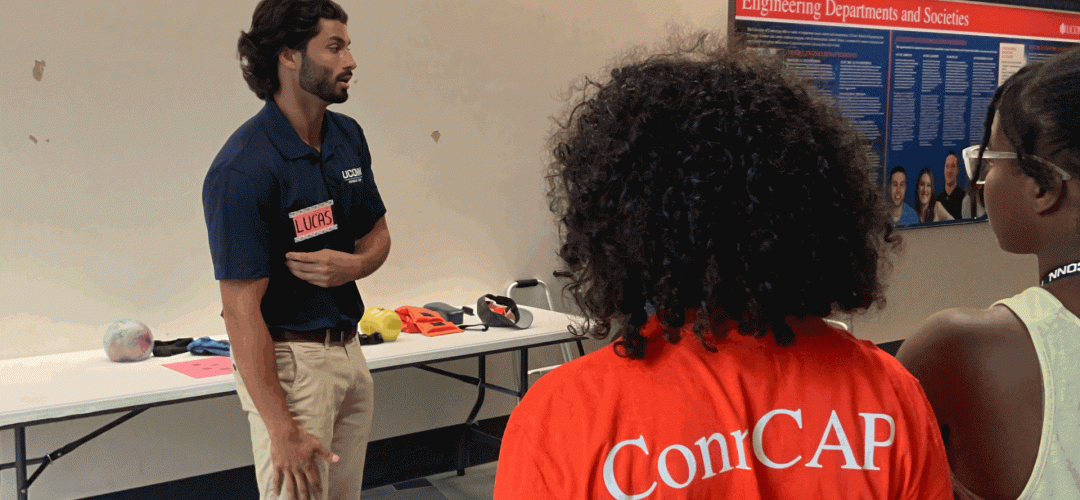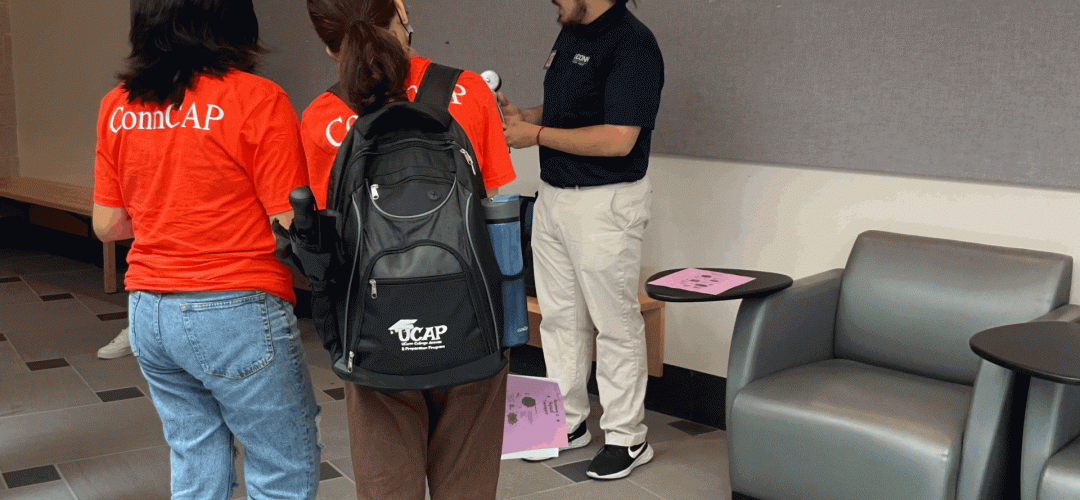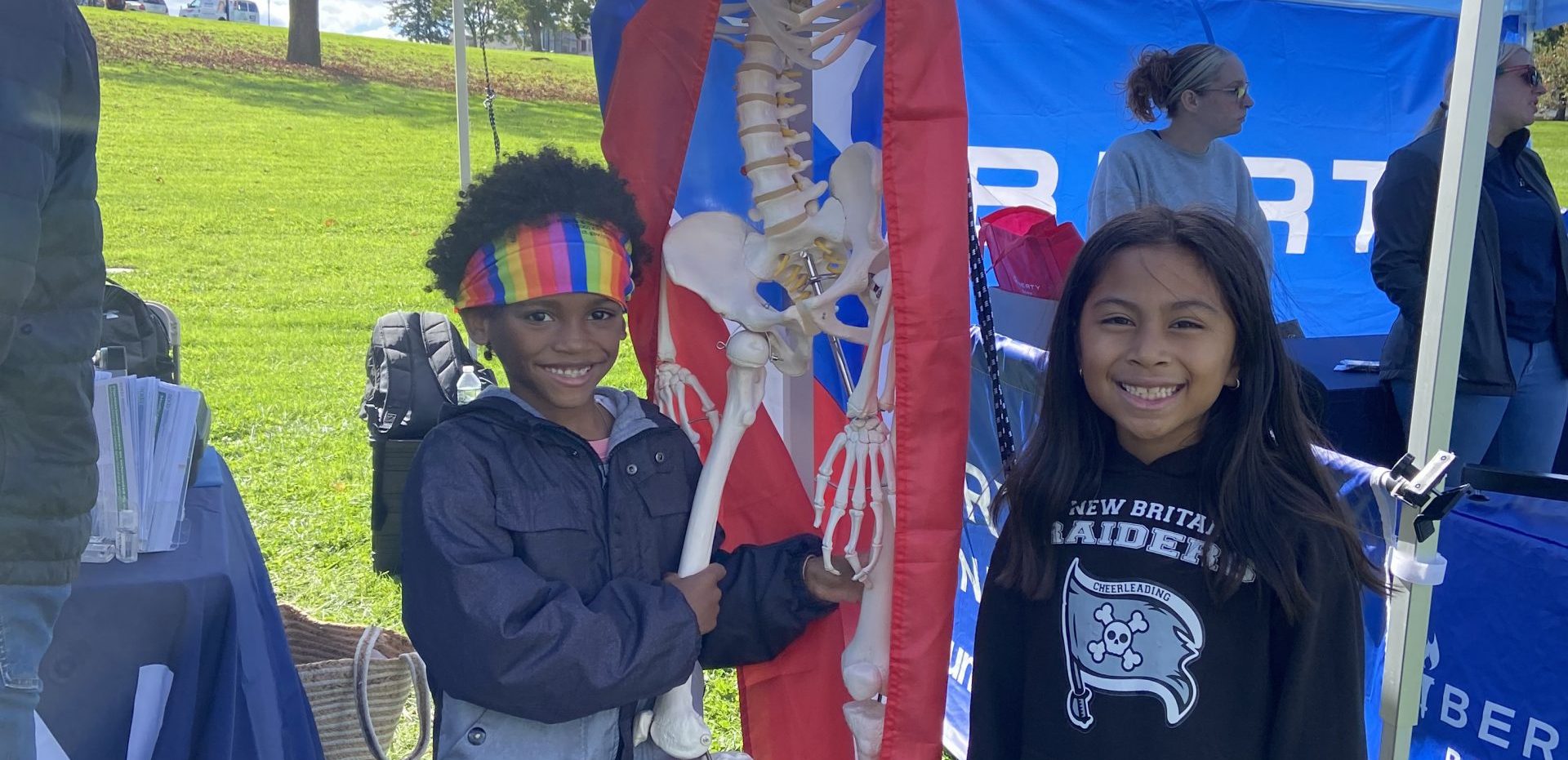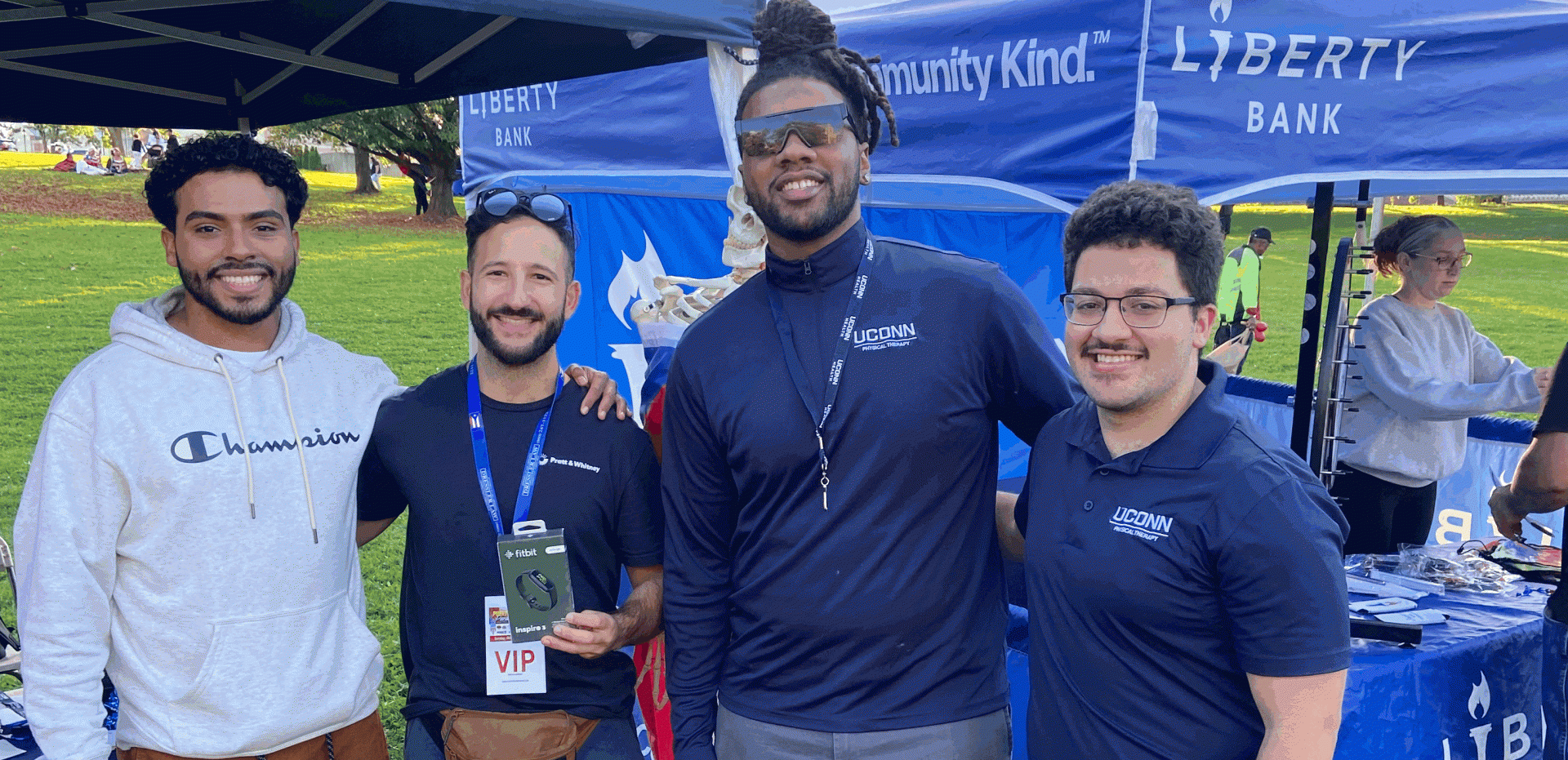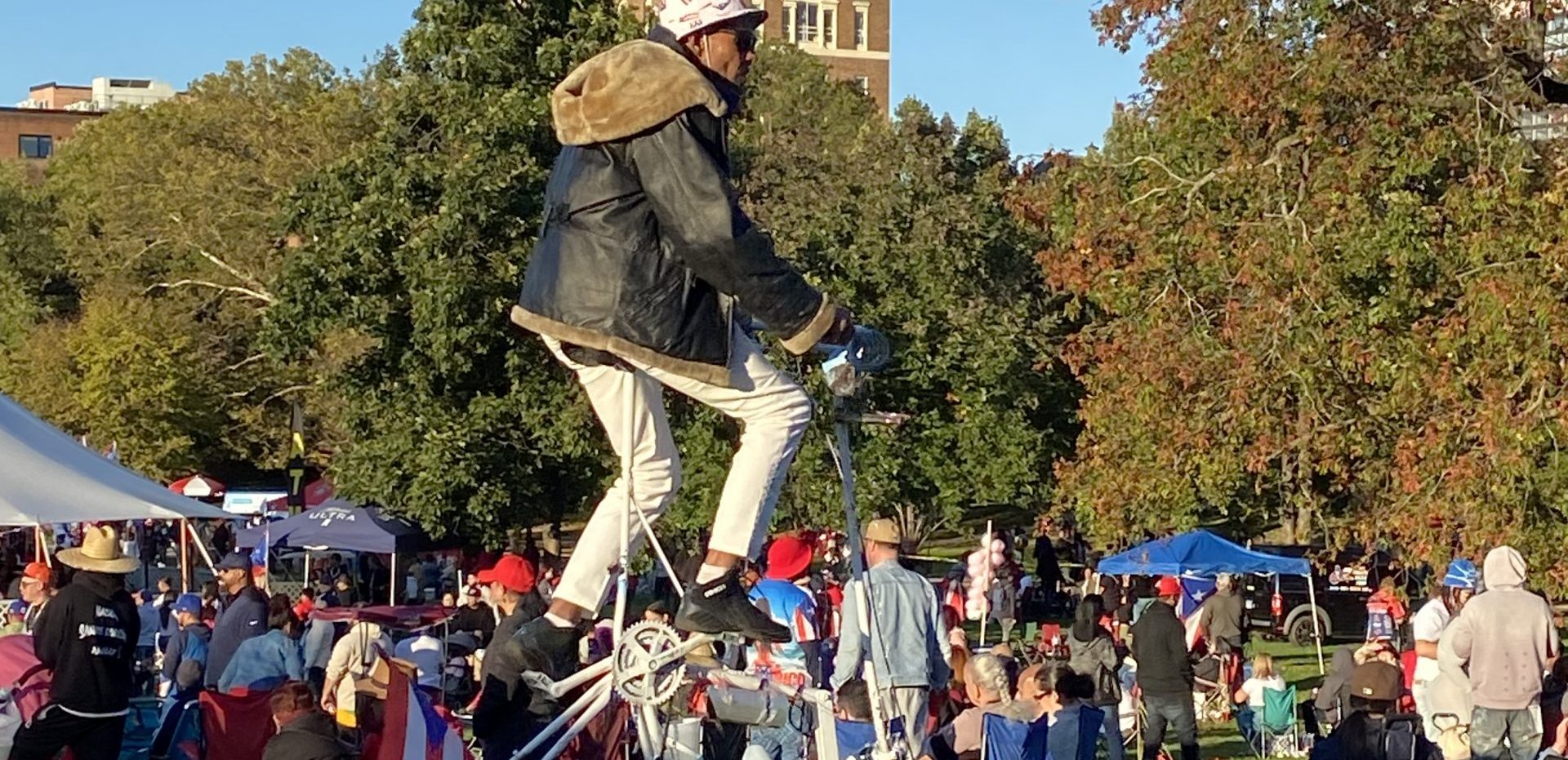UConn and APTA PTMoves Me Host ConnCAP High School Students
On July 2nd, 2025 the University of Connecticut Department of Physical Therapy collaborated with ConnCAP and APTA PTMoves Me Campaign to host 15 high school students from Windham and Rockville High schools. During the event the students toured the facility and learned about the various research studies underway in the building. The students visited the REINVENT lab with Dr.Srinivasan, the Human Anatomy Learning Lab (HALL) with Dr.Kinsella-Shaw, our Movement for Life Lab with Dr.Colon-Semenza, as well as PTCARES with Dr.Kopp. Following the tour, the students were given a presentation of the role of physical therapy as a profession. Finally they wrapped up with a lab activity in which they completed functional outcome measures for prizes, as well as learned about assistive devices.
Dr.Colón-Semenza Interview with the Michael J. Fox Foundation
UConn DPT Brings in High Schoolers to Learn About the Profession
Windham High School students had the opportunity to learn about what a career in physical therapy could look like for them through an event co-hosted by UConn’s Physical Therapy Program and ConnCAP (Connecticut Collegiate Awareness and Preparation).
Healthy Rounds 2-24-24
Latino Fest
Latino Fest is an annual event that brings people together from all backgrounds to celebrate Latino culture! The festival occurs in several locations, including Miami, Hartford, and more recently, Windham County, CT. The Movement for Life Lab participated in Latino Fest 2022 to spread information about the benefits of physical therapy and exercise, as well as promote our upcoming research!
Windham Senior Center
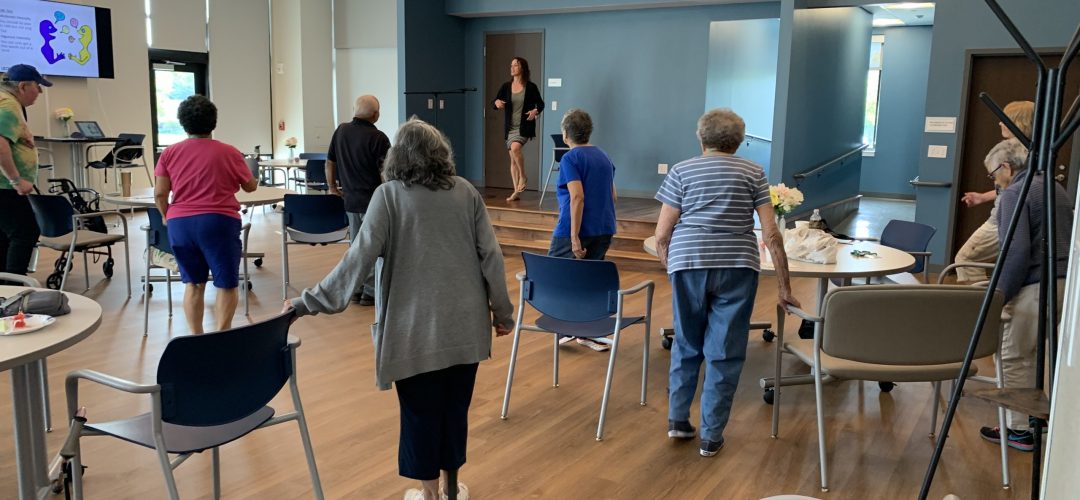 Dr. Colón-Semenza instructing on how to increase heart rate
Dr. Colón-Semenza instructing on how to increase heart rate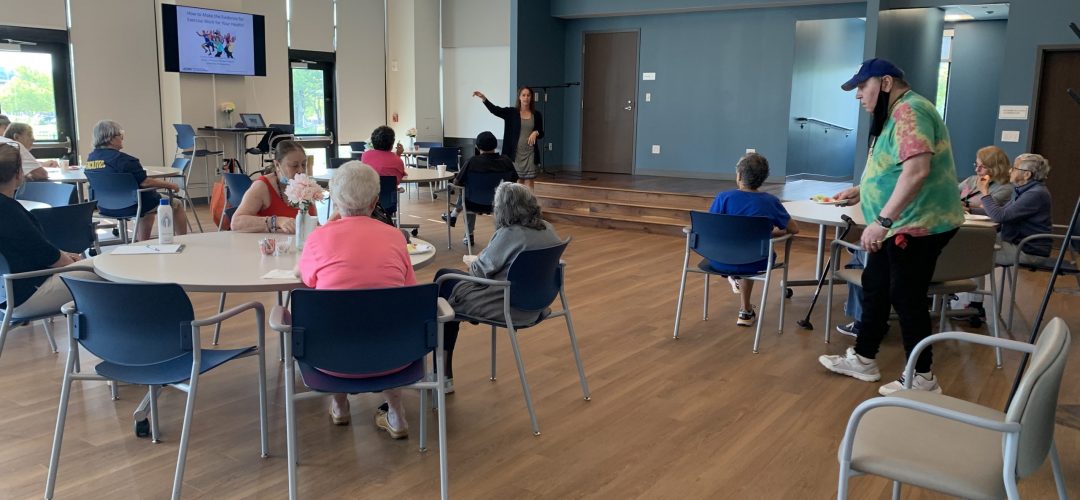
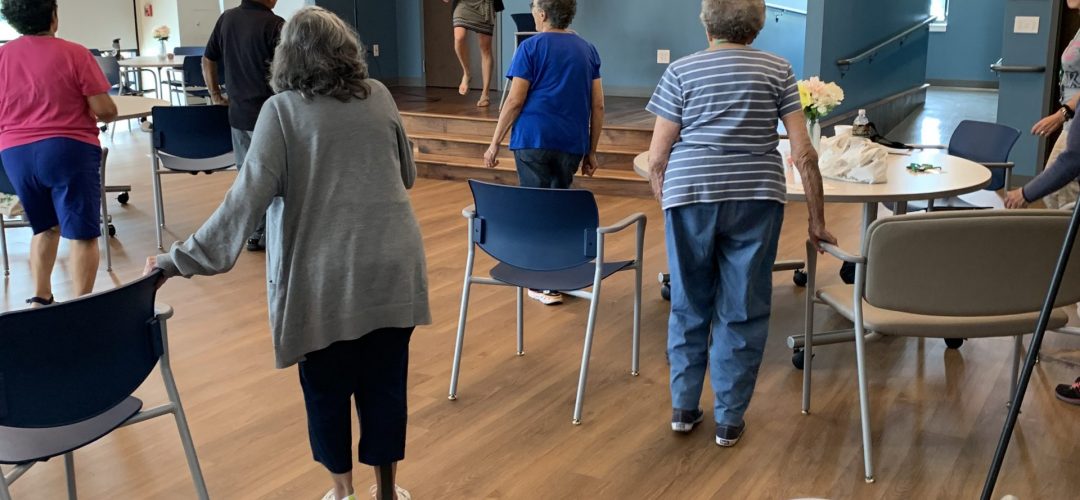
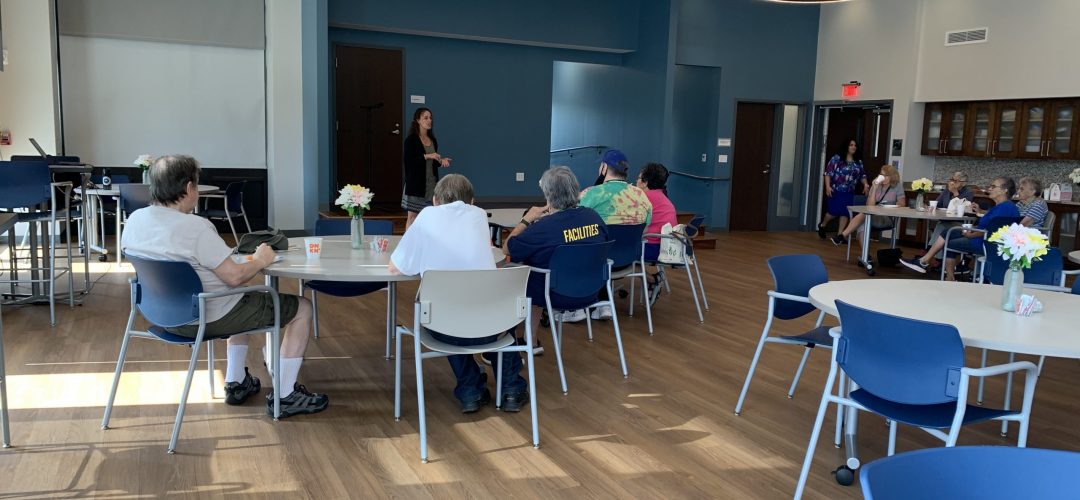
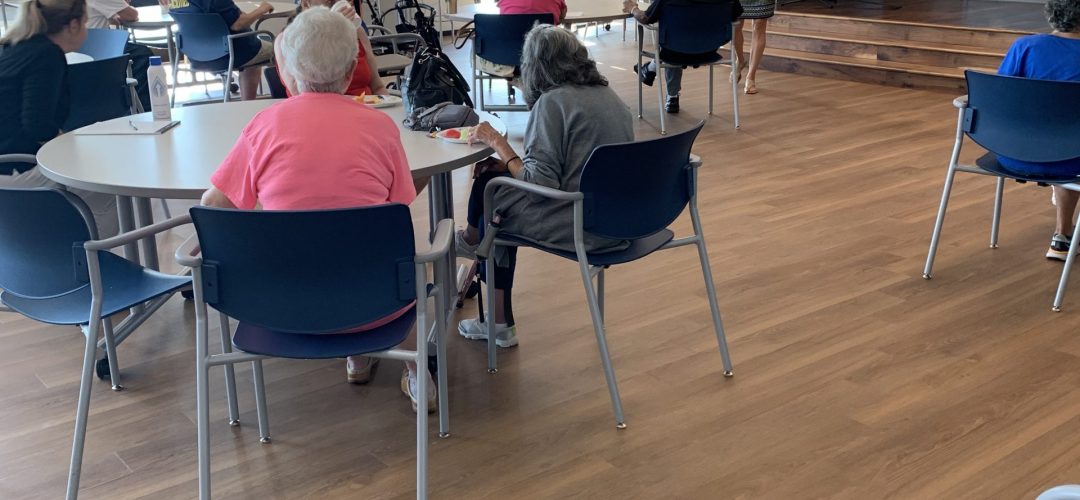
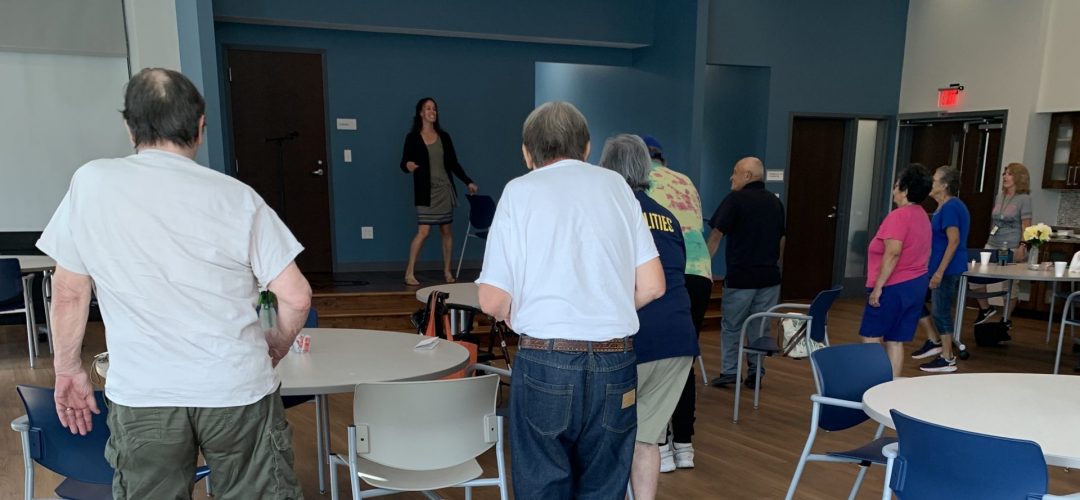
Dr. Colón-Semenza visited the Windham Senior Center to speak about the importance of exercising !
ConnCAP
The lab, along with some of UConn’s finest DPT students, participated in a ConnCAP event over the summer. Dozens of high school students ventured onto campus where we taught about the importance of physical therapy and got the students to join in by trying some common tests and measures used in the field!
Puerto Rican Day Parade
The Puerto Rican Day parade on a Sunday afternoon in Hartford, CT!
